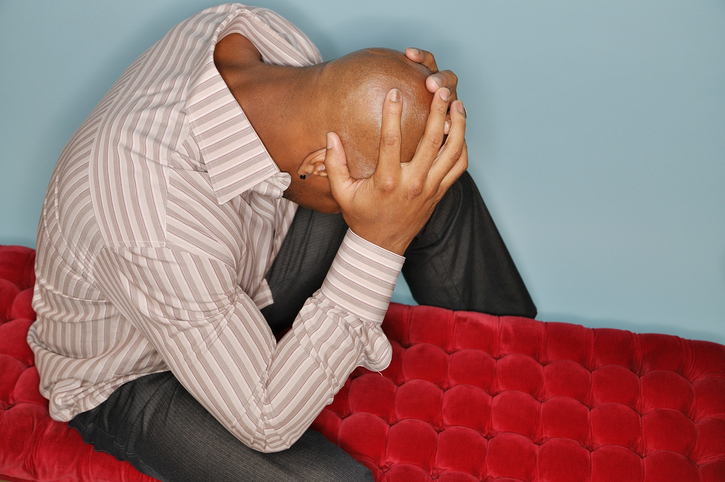Bipolar disorder, also known as manic-depressive illness, is a brain disorder that causes unusual shifts in mood, energy, activity levels, and the ability to carry out day-to-day tasks. Symptoms of bipolar disorder are severe — and are different from the normal ups and downs that everyone goes through from time to time. Bipolar disorder symptoms can result in damaged relationships, poor job or school performance, and even suicide.
While bipolar disorder can be treated, and people with this illness can lead full and productive lives, it often takes vigilance and partnering with your doctor to ensure that your bipolar management plan continues to be effective.
Q: Dear Dr. Tonya:
I’ve been battling with bipolar disorder for a number of years, and while, at first, everything seemed to be fine (with ongoing treatment), now I find that I’m not sure if things are still okay with me – even my friends and family have noticed slight changes in my behavior. Could something more serious be going on?
A: Thanks for your question! It depends. If your changes in behavior are expected responses to a particular situation, then probably not. However, if your behavior suggests that you are engaging in more impulsive behaviors than before, have become more withdrawn or angry, or that your safety and/or the safety of others is compromised, then I think it wise to immediately seek psychiatric treatment — although you have been receiving treatment for bipolar disorder, it is possible that you are no longer responding to your standard treatment and your provider may decide to adjust your treatment so that you receive maximum benefit.
One of the ways I have seen psychiatrists and other qualified health professionals address this type of situation is by adding additional medications to an already established regimen, a practice commonly referred to as adjunctive therapy. Another action that providers may take is to adjust dosages, but your physician or appropriate mental health care provider can better address your specific symptoms and recommend a proper course of treatment.
By Dr. Tonya Hucks-Bradshaw, BDO Mental Health Expert
Dr. Hucks-Bradshaw is a licensed clinical psychologist and a former Minority Fellow of the American Psychological Association (APA). She is a certified HIV trainer with APA’s Office of HIV Education and has experience working in medical settings and hospitals. Dr. Hucks-Bradshaw has made numerous presentations on multicultural interests, contributed to publications, and continues to maintain an active interest involving research among minority group populations.









